Bing AI chatbot reached 100 million daily users milestone
Microsoft continues to improvise.
3 min. read
Published on
Read our disclosure page to find out how can you help Windows Report sustain the editorial team. Read more
Key notes
- Microsoft released ChatGPT-powered Bing in February 2023.
- A month later, the hotly-anticipated tech finally reached a critical milestone.
- That said, what's next for the tech giant?
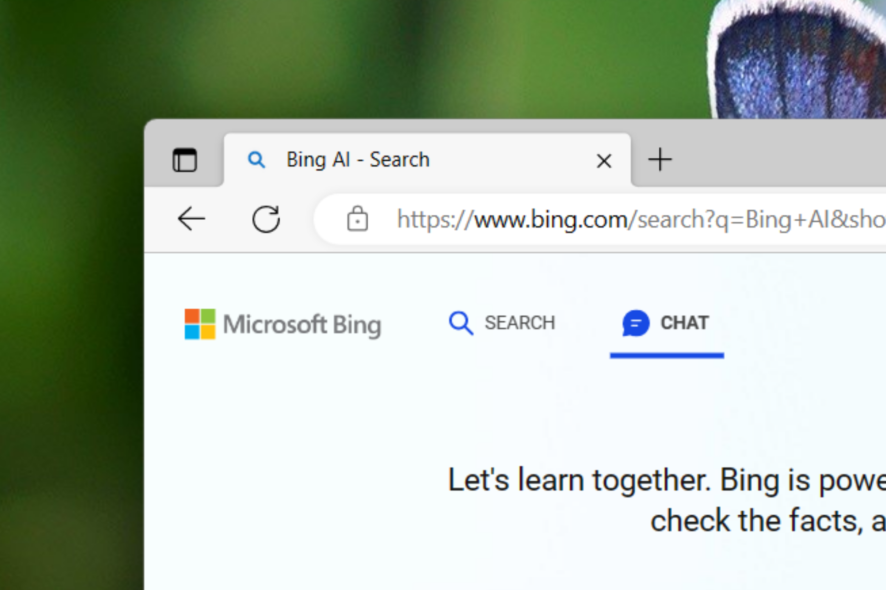
When Microsoft splashed $1 billion into OpenAI, the AI research lab behind ChatGPT in 2019, the Redmond tech giant had hoped to conquer the continuously-improving AI war.
They integrated the viral technology into the often-overlooked search engine, Bing, in February 2023. Despite its polarizing reviews from left and right, Microsoft seems to be doing just fine. After all, they just reached the 100 million daily active users milestone. One-third of them are new to the search engine.
Yusuf Mehdi, Microsoft’s corporate VP, said in a blog post that Microsoft has spurred several improvements for the Bing AI chatbot in the past four weeks. Acknowledging that it hasn’t been the most perfect experience, the tech giant has every right to think that the investment is paying off.
Moreover, each user averages roughly three chats per session, tallying up to 45 million chats since the preview rolled out.
It’s hard to believe it’s been just over a month since we released the new AI-powered Bing and Edge to the world as your copilot for the web. In that time, we have heard your feedback, learned a lot, and shipped a number of improvements. We are delighted by the virtuous cycle of feedback and iteration that is driving strong Bing improvements and usage.
Bing AI chatbot is yet to roll out for general availability, but the waitlist is here. It’s also exclusive to Microsoft’s built-in browser Edge and Redmond officials show no sign of releasing it to other browsers. It would have been commercial suicide, but if you’re still curious, you can follow our tricks on how to access Bing AI on other browsers.
Microsoft: The leading force in the AI battle?
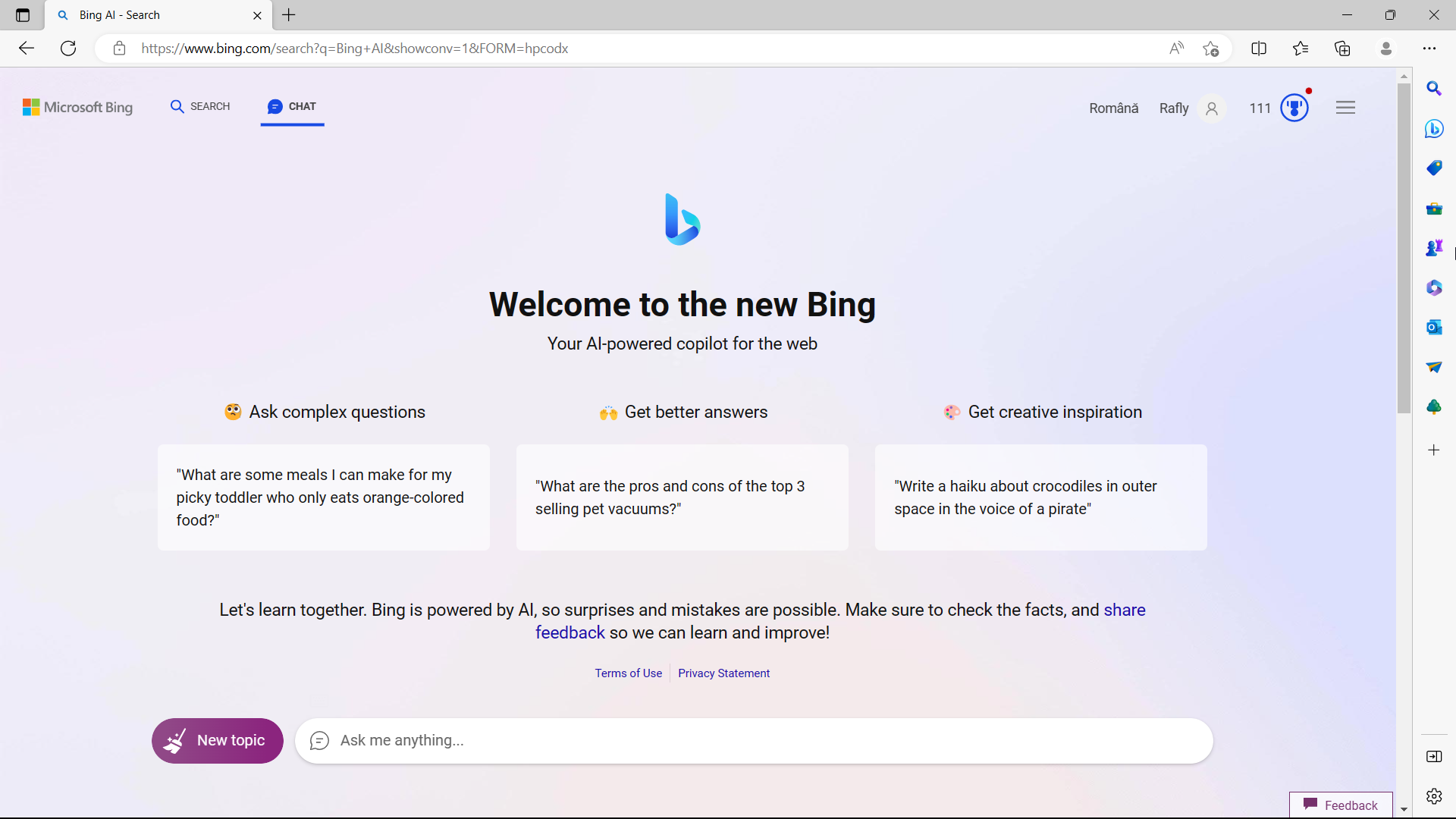
Is Microsoft rushing in releasing Bing AI? Maybe, but it’s safe to say that the tech giant is currently leading the competition in the AI-powered search engine market, but how long can they keep up?
Google, the current leading search engine, is yet to roll out its Bard competitor. Powered by Google’s Language Model for Dialogue Applications (LaMDA), Google is still testing its product on several select users.
Another Chromium-based open-source browser in the market, Brave, has also quietly shipped its AI-powered tool Summarizer, which is trained to process multiple sources on the web. As the name suggests, all it does is display a well-written summary at the top of Search results pages.
Using Web results enables the Summarizer to provide real-time information that is up to date with today’s events. Given the current advancements in AI, it’s crucial to remind users that one should not believe everything an AI system produces, in much the same way one should not believe everything that is published on the Web. At the risk of stating the obvious, we should not suspend critical thinking for anything we consume, no matter how impressive the results of AI models can be.
What do you think about this AI competition among browsers and search engines? Let us know in the comments!
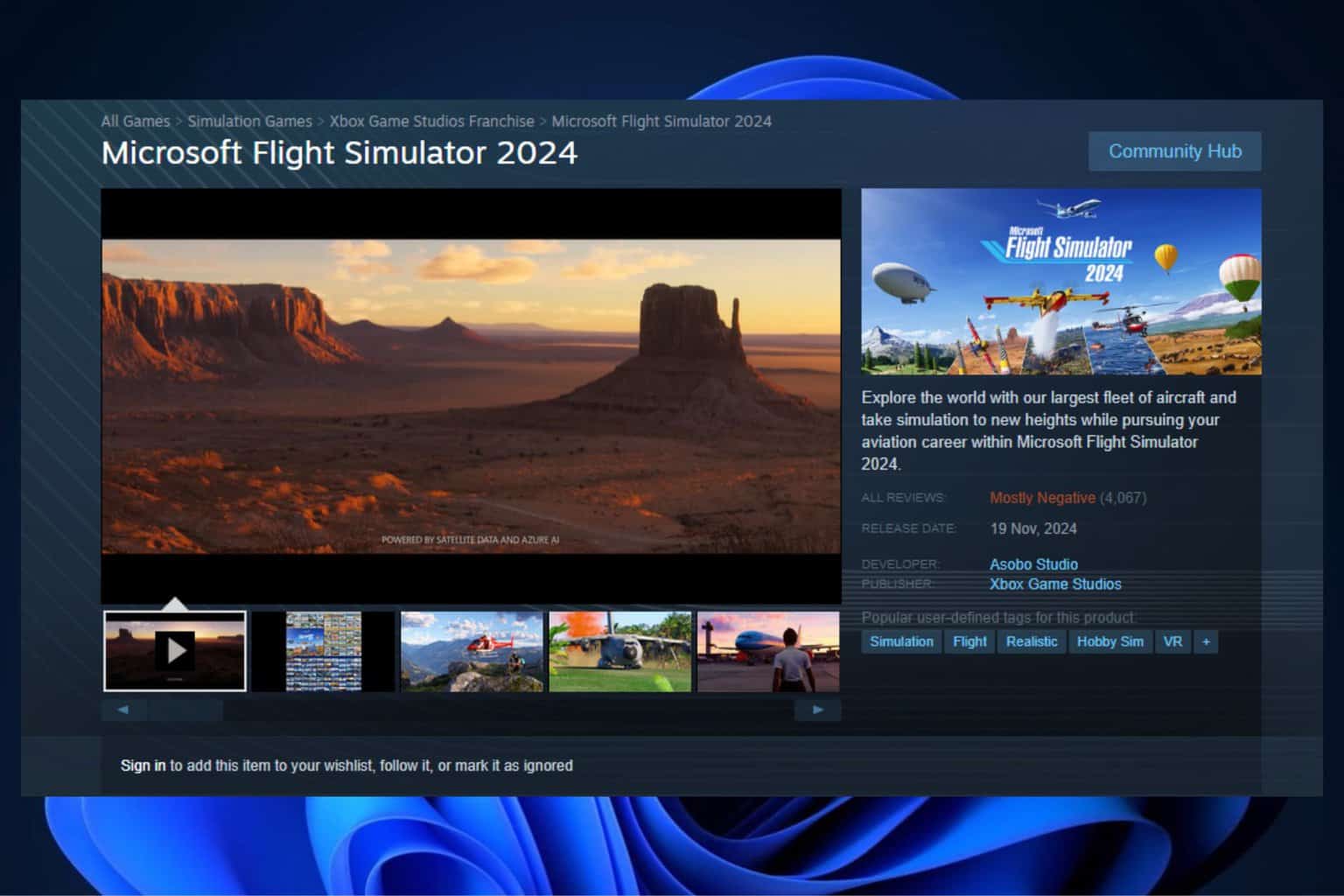
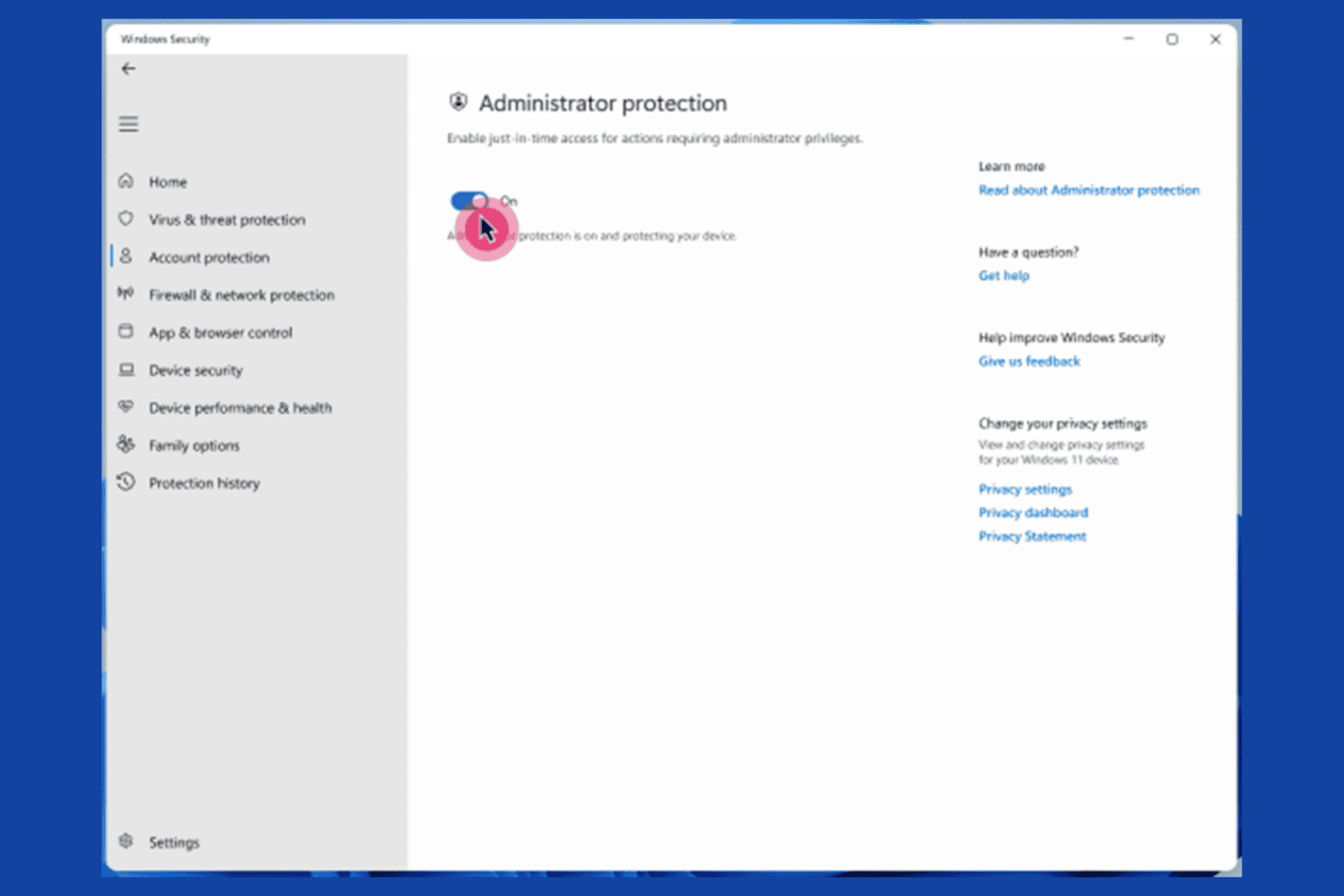
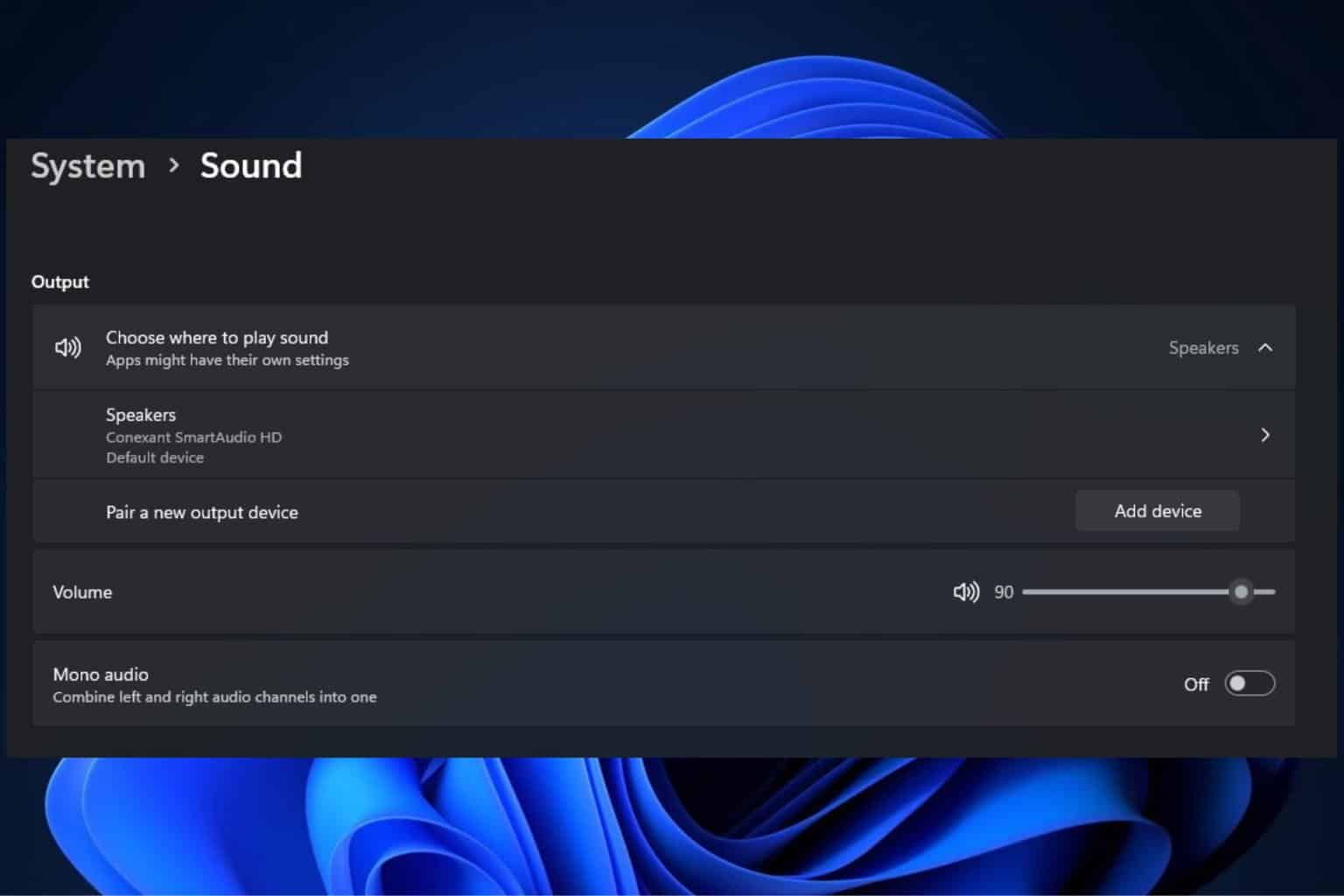
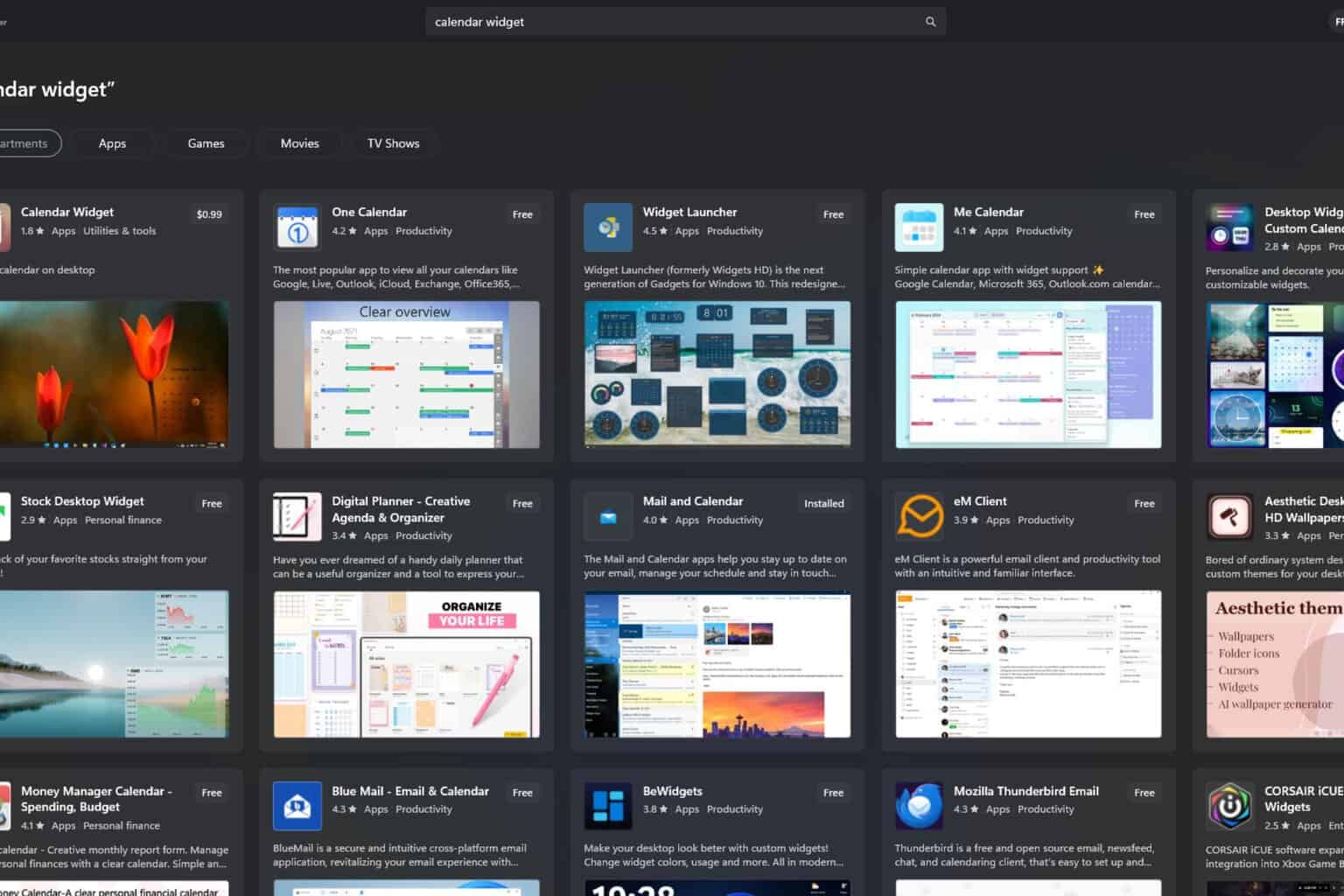
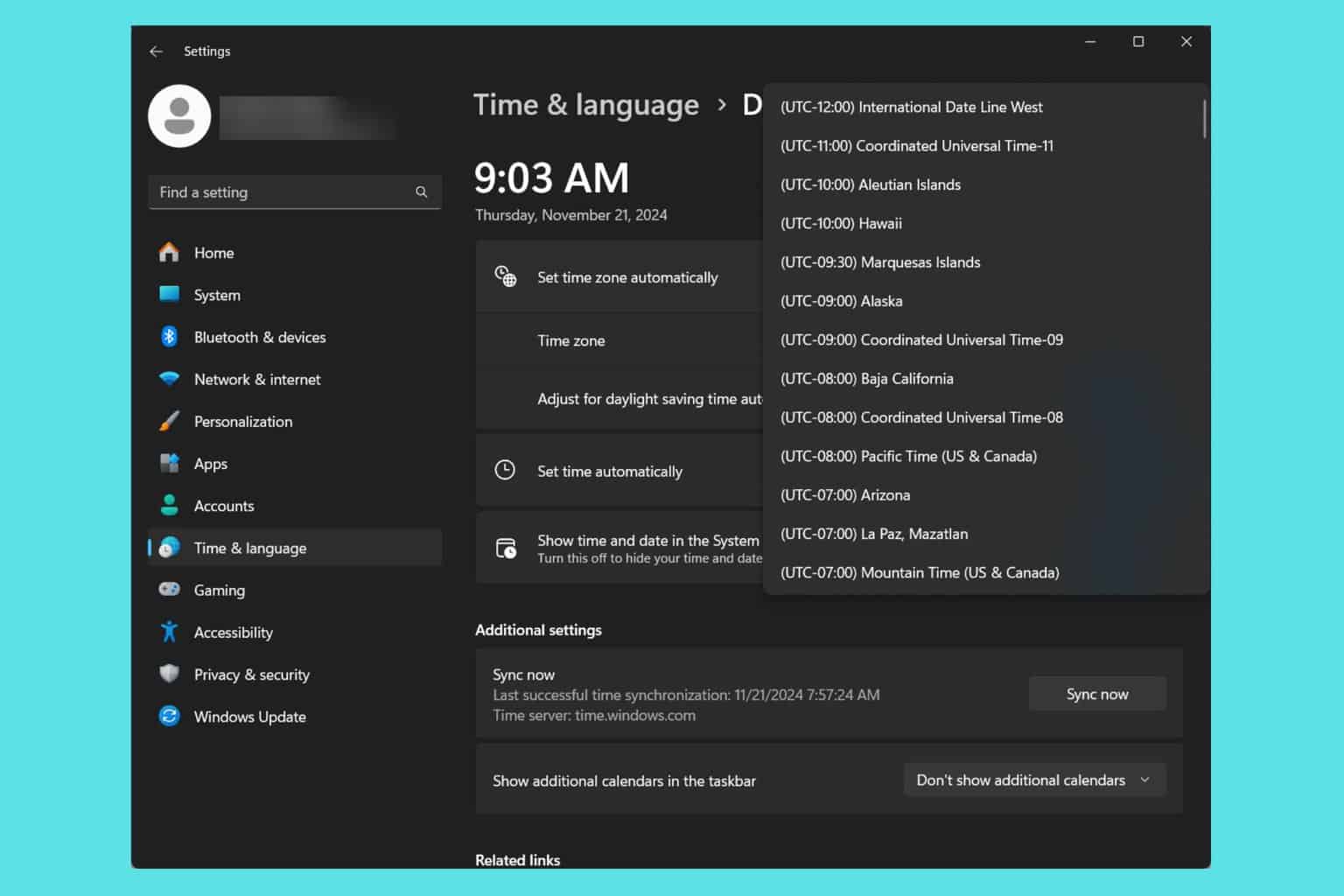
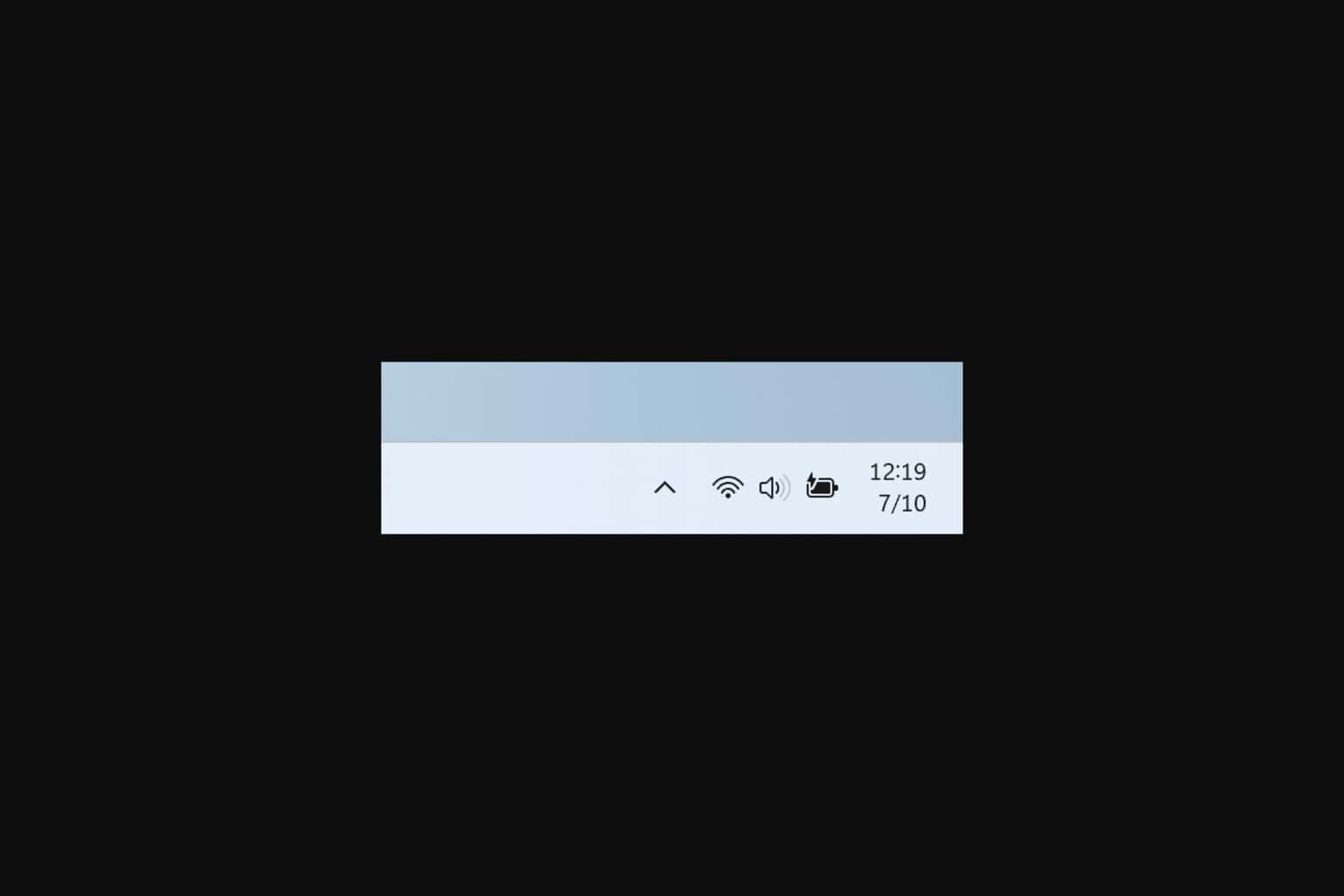

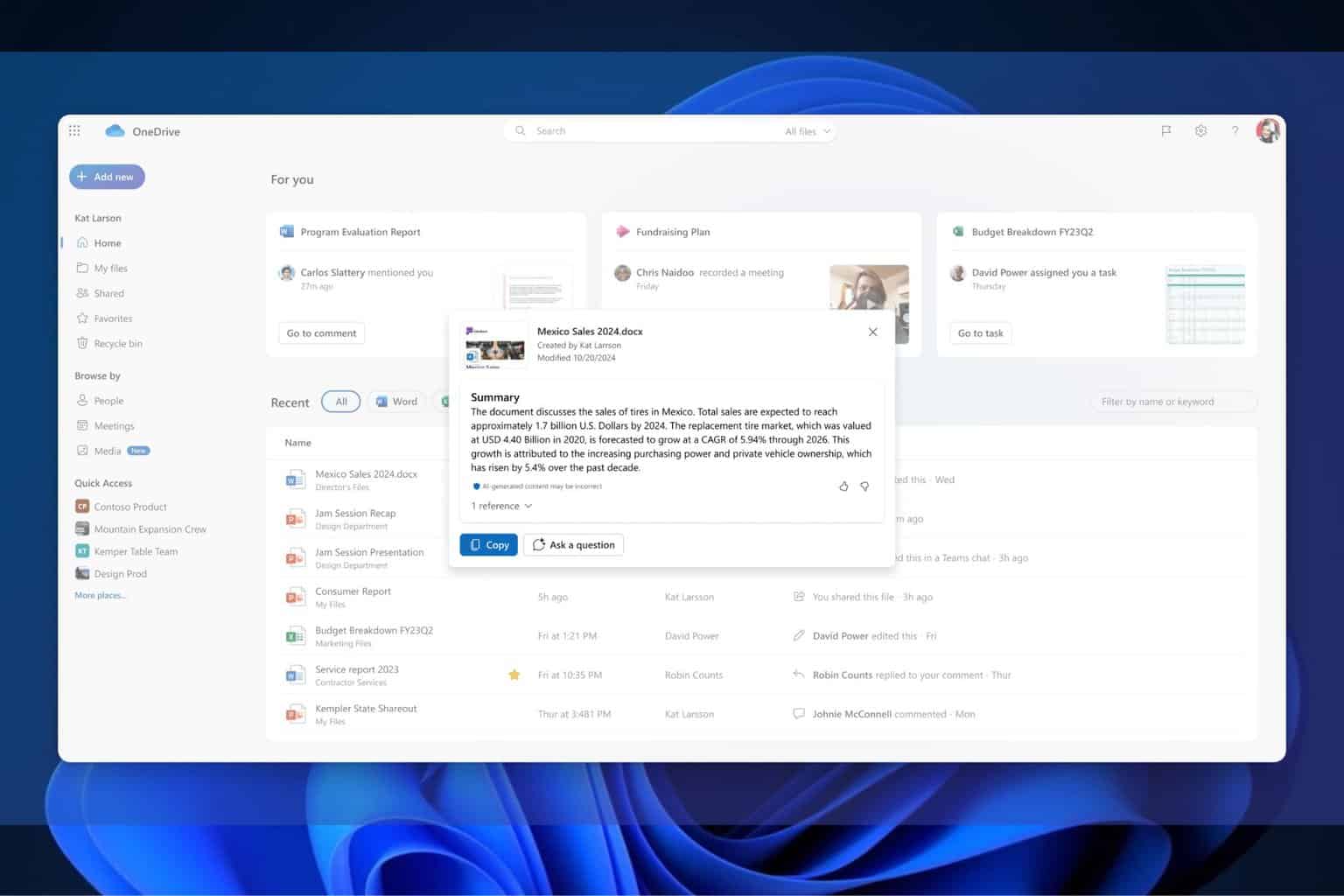
User forum
0 messages